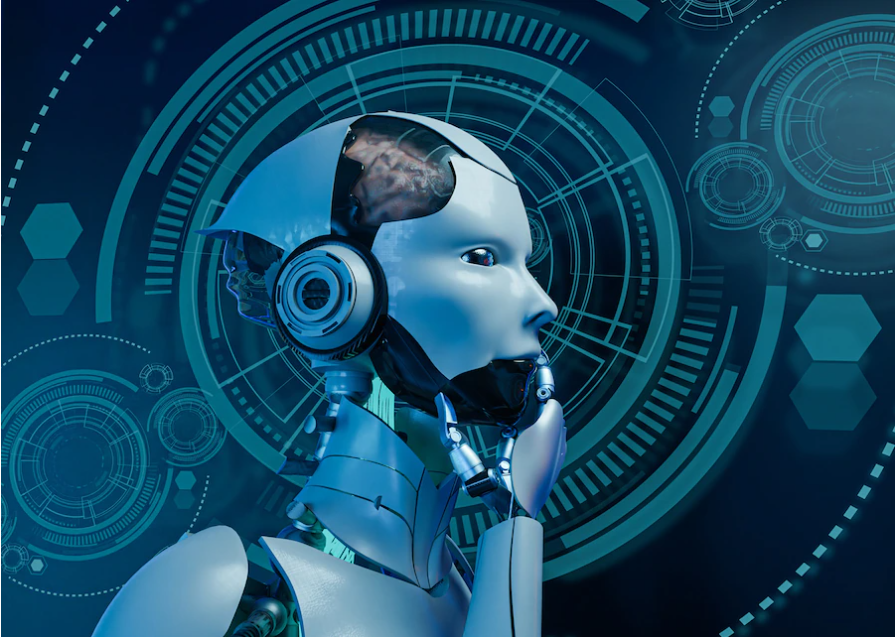Artificial intelligence (AI) is rapidly transforming various industries, including healthcare, finance, and manufacturing. However, as AI becomes more prevalent, it’s important to address the ethical implications of its use. In this article, we will explore some of the ethical challenges posed by AI and how we can challenge the status quo to ensure that AI is used in a responsible and ethical manner.
One of the biggest ethical challenges of AI is its potential impact on employment. As AI systems become more advanced, they can replace human workers in various tasks and industries, leading to job losses and economic disruption. To address this challenge, we need to rethink the role of work in society and explore new models of employment and income distribution that can accommodate the changing nature of work.
Another ethical challenge of AI is the potential for bias and discrimination. AI systems are only as unbiased as the data they are trained on, and if that data contains bias, then the AI system will replicate that bias in its decisions. This can result in discriminatory outcomes, such as racial or gender bias in hiring decisions or lending practices. To address this challenge, we need to ensure that AI systems are designed to be transparent and accountable, and that they are trained on diverse and representative data sets.
A related challenge is the lack of diversity in the AI workforce. Currently, the majority of AI developers and researchers are white males, which can lead to a lack of diversity in the perspectives and values that are built into AI systems. To address this challenge, we need to encourage more diversity in the AI workforce and ensure that diverse perspectives are incorporated into the design and development of AI systems.
Another ethical challenge of AI is privacy and data protection. AI systems can collect and analyze vast amounts of personal data, raising concerns about how that data is used and protected. To address this challenge, we need to ensure that AI systems are designed with privacy and data protection in mind, and that users have control over their personal data and how it is used.
Finally, we need to consider the potential for AI to be used for nefarious purposes, such as surveillance or military applications. To address this challenge, we need to establish clear ethical guidelines for the use of AI and ensure that AI systems are not used to violate human rights or perpetuate harm.
In conclusion, AI has the potential to revolutionize various industries and improve our lives in countless ways. However, to ensure that AI is used in a responsible and ethical manner, we need to address the ethical challenges posed by its use. By challenging the status quo and working towards a more equitable and just society, we can harness the power of AI for the greater good.



















